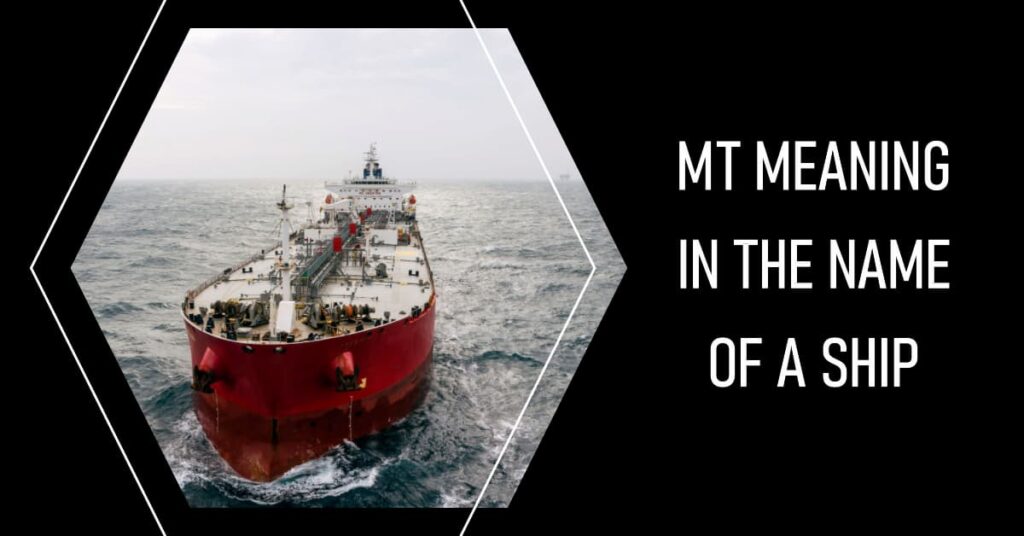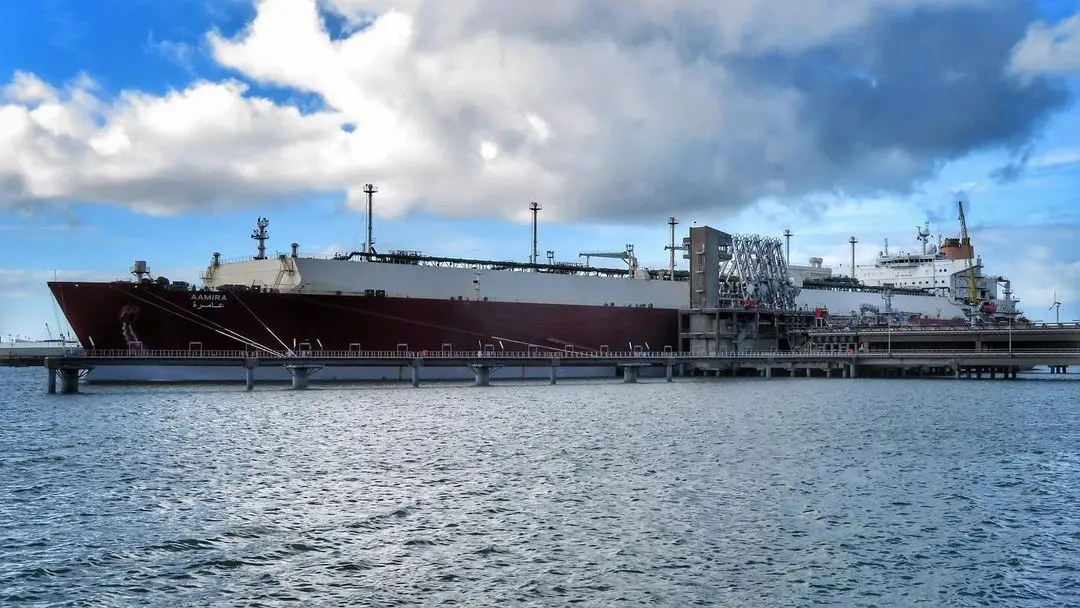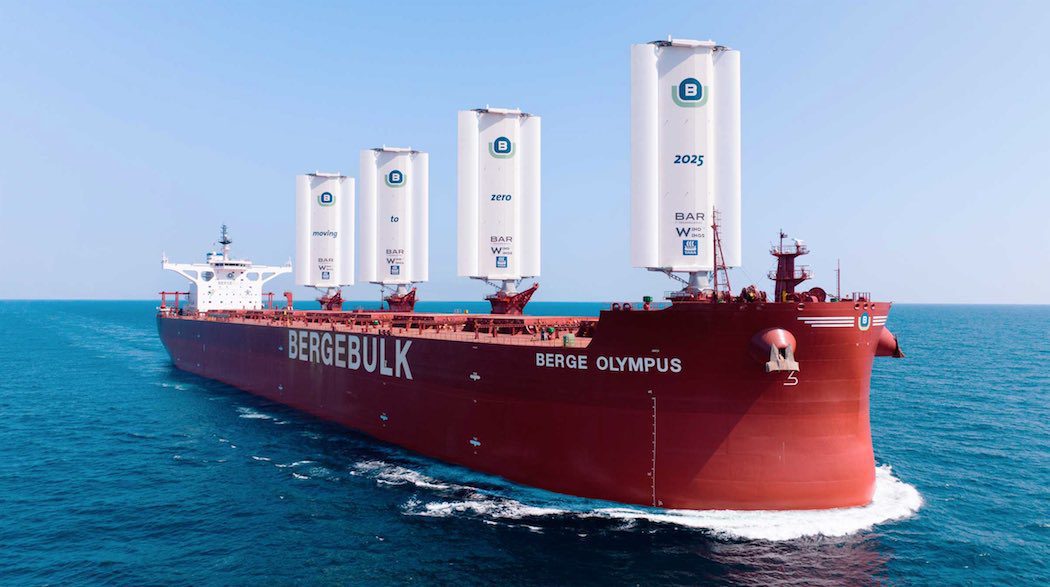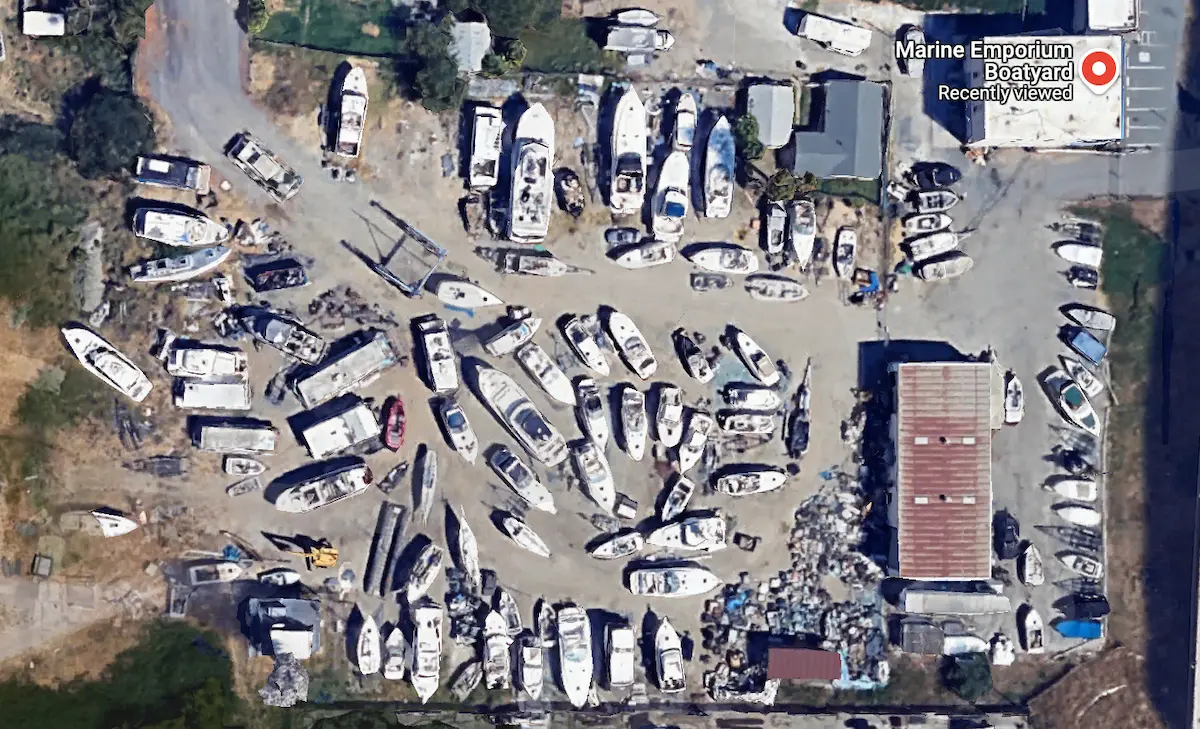Let’s dive straight into the deep waters of our topic today: What is MT meaning in the name of a ship?
It’s a question that’s probably been tickling your curiosity for a while now, especially if you’re a fan of maritime lore and vessel vocabulary.

The Language of the High Seas: Introduction to Ship Naming Conventions
Ship names aren’t just christened out of whim, they are a language on their own, each bearing significant implications. For example, did you ever wonder what the “SS” in a ship’s name stands for? Visit our article titled What does SS stand for in ships? Explained to satisfy your curiosity.
Now let’s turn our compass towards MT in a ship’s name.
Understanding MT Meaning: A Closer Look
If you’ve ever caught sight of a ship with MT preceding its name, you might have wondered about its significance. Well, look no further, MT in a ship’s name typically stands for ‘Motor Tanker’.
Motor Tanker or MT refers to a type of vessel, which primarily transports liquid cargo like oil or chemicals. Here are some of the vital elements of Motor Tankers:
- Purpose Built: MTs are designed to handle liquids that may require special containment due to their volatile nature.
- Size: MTs vary in size, but they are generally larger vessels capable of carrying thousands of tons of cargo.
- Engine Type: As the name implies, MTs are powered by motors, unlike some ships which may rely on sails or other forms of propulsion.
But that’s not all there is to MT. Let’s take a gander at the advantages and disadvantages of these sea giants.
Weighing Anchor: The Pros and Cons of MT or Motor Tankers
Pros:
- Volume Capacity: MTs are capable of moving vast quantities of liquid cargo at once, making them extremely efficient for transporting goods across the globe.
- Specialization: MTs are purpose-built for their task, ensuring safe and secure transport of potentially hazardous materials.
- Economical: On a per unit basis, MTs offer a cost-effective solution for shipping large quantities of liquid cargo.
Cons:
- Environmental Impact: If not properly maintained or in the event of an accident, MTs can cause significant environmental damage due to oil spills.
- Limited Cargo: MTs are specialized vessels that can primarily transport liquid cargo. They aren’t versatile in terms of the type of cargo they can carry.
Unraveling the Costs
The costs associated with operating an MT can vary widely depending on a number of factors like the size of the vessel, the type of cargo it is designed to carry, and the operational expenses. However, considering the sheer volume of cargo these ships can transport, they are considered a cost-efficient means of moving large quantities of liquid goods.
Common Applications of MT Meaning
Motor Tankers have a wide range of applications. Some of the common ones include:
- Oil Transport: This is perhaps the most well-known application, with MTs often used to transport crude oil from production sites to refineries.
- Chemical Transport: MTs are also used to transport various chemicals, with certain vessels specifically designed to handle particular types of chemicals.
- Liquid Food Transport: Believe it or not, MTs can also be used to transport liquid food products such as fruit juices or even wine!
| Prefix | Meaning |
|---|---|
| MT | Motor Tanker |
| SS | Steam Ship |
| MV | Motor Vessel |
| MS | Motor Ship |
Looking for more? Head over to our detailed article on Ship Prefix Meaning for a comprehensive guide on this topic.
In summary, the MT in a ship’s name is much more than a simple moniker. It is a mark of the ship’s purpose, design, and capabilities. Understanding these prefixes will not only make you a more informed maritime enthusiast but also allow you to better appreciate the complexity and beauty of these magnificent vessels.
So, next time you spot an “MT” at the port or sailing across the horizon, you’ll know just what it stands for and the story it carries across the seven seas. Keep your curiosity alight, and may the winds always be in your sails!
- Types of Gas Carriers as per IGC Code – April 22, 2025
- Wind-Assisted Propulsion Systems (WAPS): A Game Changer for Maritime Decarbonization – February 6, 2025
- 10 Boat Salvage Yards in California – January 25, 2025



